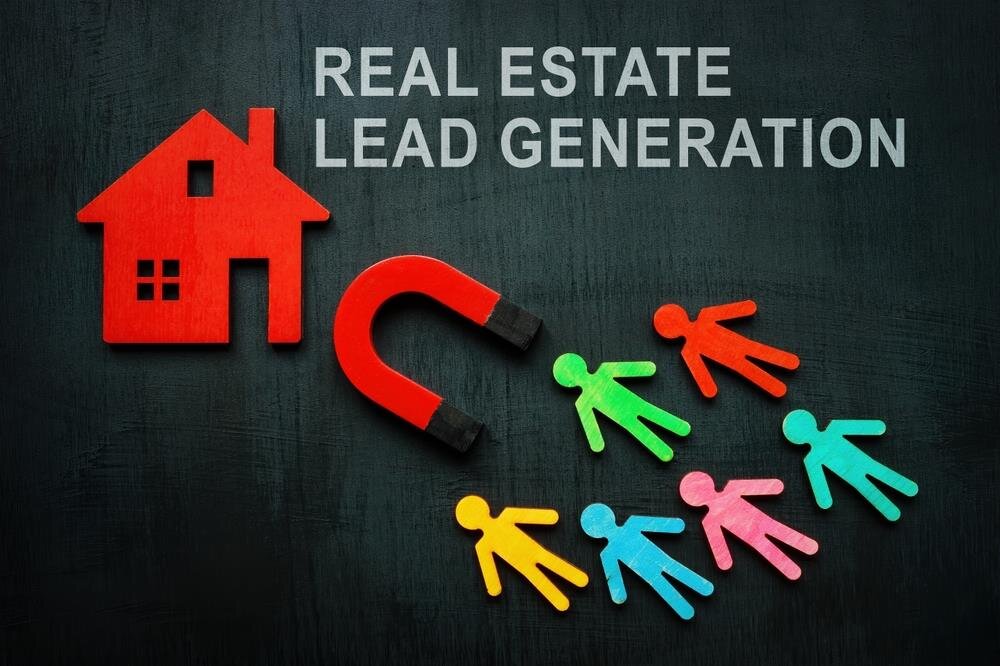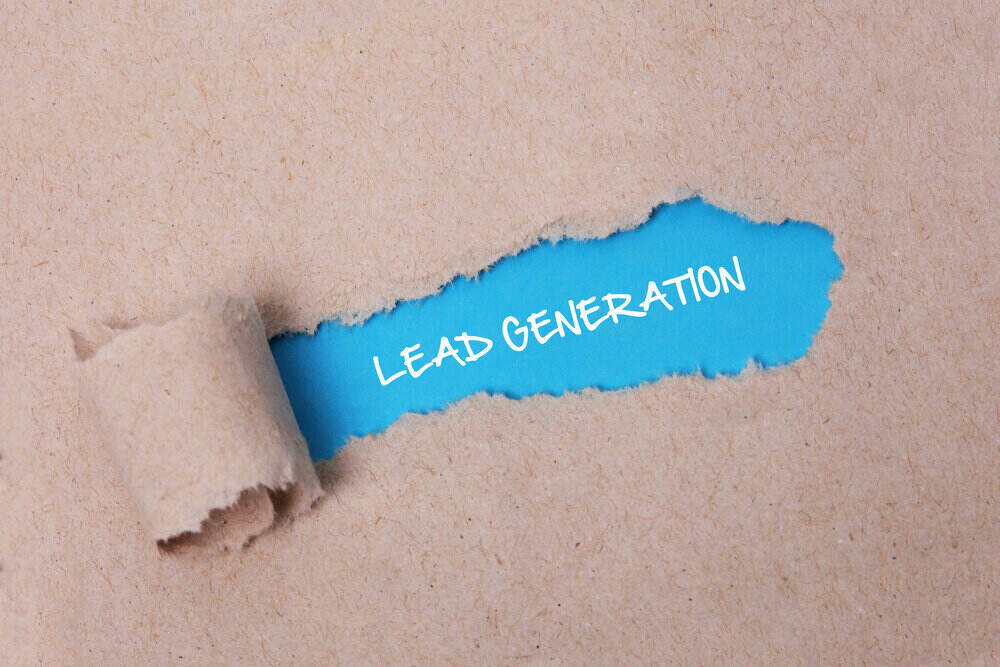
When it comes to scaling a moving business and reaching the right audience, Long Distance Moving Leads play a crucial role. These leads connect moving companies with individuals or families preparing for major relocations across state lines or even across the country. In a competitive industry where timing and trust are everything, acquiring high-quality leads can be the difference between struggling to find new customers and growing into a thriving, well-established business.
Why Leads Matter in the Moving Industry
The moving industry is highly competitive, and companies often compete for the same pool of potential customers. Without a steady stream of prospects, movers can find it difficult to sustain revenue. Leads serve as the lifeblood of a moving company, ensuring that sales teams have access to people actively searching for relocation services. Unlike generic marketing efforts, targeted leads provide direct connections to people who are already interested, saving both time and money.
For long-distance movers in particular, the stakes are higher. These moves are typically more complex, involve larger budgets, and require a higher degree of customer trust. By accessing quality leads, companies can focus their energy on turning inquiries into booked jobs rather than wasting time on uninterested prospects.

What Makes a High-Quality Lead?
Not all leads are created equal, and moving companies quickly discover the difference between cold, unverified contacts and warm, high-converting prospects. A high-quality lead usually meets these criteria:
- Verified Contact Information: The name, phone number, and email must be accurate and up-to-date.
- Clear Moving Intent: The customer should be actively planning a move, not just browsing.
- Detailed Job Information: Good leads include pickup and drop-off locations, desired moving dates, and sometimes even the size of the move.
- Geographic Relevance: Leads should match the service areas that the company covers.
The Benefits of Purchasing Leads
Some moving companies rely solely on referrals or traditional advertising. While these methods work to some extent, they don’t always provide the consistent pipeline needed for growth. That’s where purchased leads come in. Buying leads offers multiple benefits:
- Consistency: A steady flow of prospects prevents sales droughts.
- Time Savings: Companies spend less time cold-calling and more time closing deals.
- Scalability: As a company grows, purchased leads can fuel expansion into new territories.
- Higher ROI: With properly vetted leads, the return on investment can far exceed traditional advertising.

Building Trust with Prospects
Acquiring leads is only half the battle. Once a moving company receives contact information, the real work begins: building trust and turning that lead into a loyal customer. This requires quick follow-up, professional communication, and a personalized approach. Customers looking for long-distance movers want reassurance that their belongings will be safe, that deadlines will be met, and that pricing will be transparent.
Simple practices like offering free estimates, providing clear contracts, and maintaining good communication can significantly improve conversion rates. When combined with a strong reputation and customer reviews, companies can stand out from competitors who may also be reaching out to the same prospects.
Balancing Lead Generation with Organic Growth
While purchased leads are valuable, it’s wise for moving companies to balance them with organic marketing strategies. Building a strong online presence through a professional website, search engine optimization, and social media can attract direct inquiries. Content marketing, such as sharing moving tips or relocation guides, also helps establish authority in the industry.

Tips for Maximizing Lead Conversion
To get the most out of purchased leads, moving companies should follow best practices:
- Respond Quickly: The faster you reach out, the more likely you’ll secure the booking.
- Personalize Communication: Avoid generic pitches; tailor responses to each customer’s situation.
- Follow Up Consistently: Many customers need time to decide, so multiple touchpoints are key.
- Track and Analyze: Use CRM tools to measure conversion rates and improve strategies.
- Provide Value Early: Offer free resources, estimates, or consultations to build trust before the customer commits.
Final Thoughts
The moving industry thrives on timing, trust, and consistent customer flow. For companies looking to expand and secure a competitive edge, investing in high-quality long-distance moving leads is one of the most effective strategies available. By working with reputable providers, responding quickly, and focusing on building trust, movers can turn a steady stream of prospects into satisfied, long-term customers. With the right balance of purchased leads and organic marketing efforts, a moving company can achieve sustainable growth and long-term success in an ever-demanding industry.


